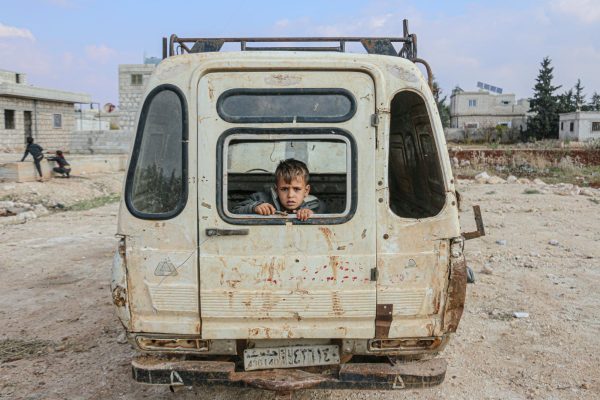Russian Ambassador Warns of Second Cold War
On Tuesday, March 27, following reports of Russian espionage in the poisoning of a former KGB agent, the Russian ambassador to Australia warned the western world about risks of a “Cold War situation.”
The comment was in response to the perceived bias of the western world against Moscow following the poisoning of former Russian spy, Sergei Skripal, and his daughter. The poisoning occurred on March 4, and Russia has since denied any participation in the incident. Despite this, the United States and many European governments have begun to expel Russian diplomats en masse.
At the same time, Australia announced they would be expelling two Russian diplomats. The announcement led to an unplanned press address by Russian Ambassador Grigory Logvinov, in which he reiterated that Russia had no part in the Skripal case and has yet to decide on a response to the diplomatic actions of Britain and other allies, reports Reuters.
“If it continues, we will be deeply in a Cold War situation,” said Logvinov in reference to the expulsion of Russian diplomats.
On a similar note, Russia’s ambassador to Indonesia, Lyudmila Georgievna Vorobieva, said that allegations of Russian participation in the poisoning and the eviction of Russian representatives was “absolutely absurd.” She also thanked the Indonesian government on behalf of Russia for not “jumping to conclusions” and maintaining “balanced positions,” because Indonesia has decided not to send away any Russian diplomats so far.
Vorobieva warned press in Jakarta, Indonesia not of another Cold War, but rather an “ice war,” furthering the implications of Logvinov’s comments.“What is worse than an ice war? It’s a hot war,” she said.
“Well, I can tell you from Russia’s side definitely we don’t want that,” said Vorobieva, “because if we take into account the number of nuclear weapons accumulated by the country – this kind of development would be fatal for our planet.”
With regards to the Skripal case, Logvinov explained that Russia continues to attempt to help with the investigation, but British authorities refuse to be transparent. “The British stubbornly denied giving any evidence. They have denied following the provisions and protocol of the Convention on Prohibition of Chemical Weapons,” said Logvinov during the press address.











